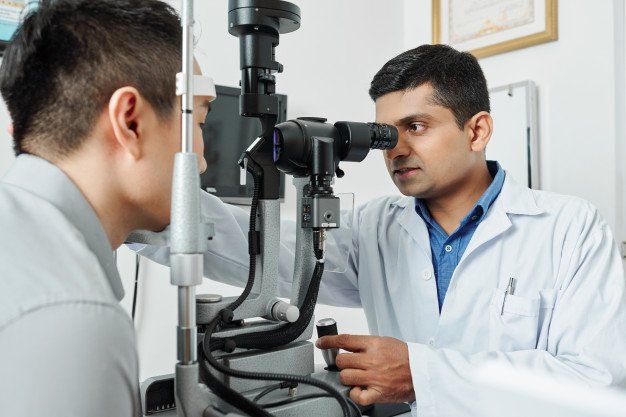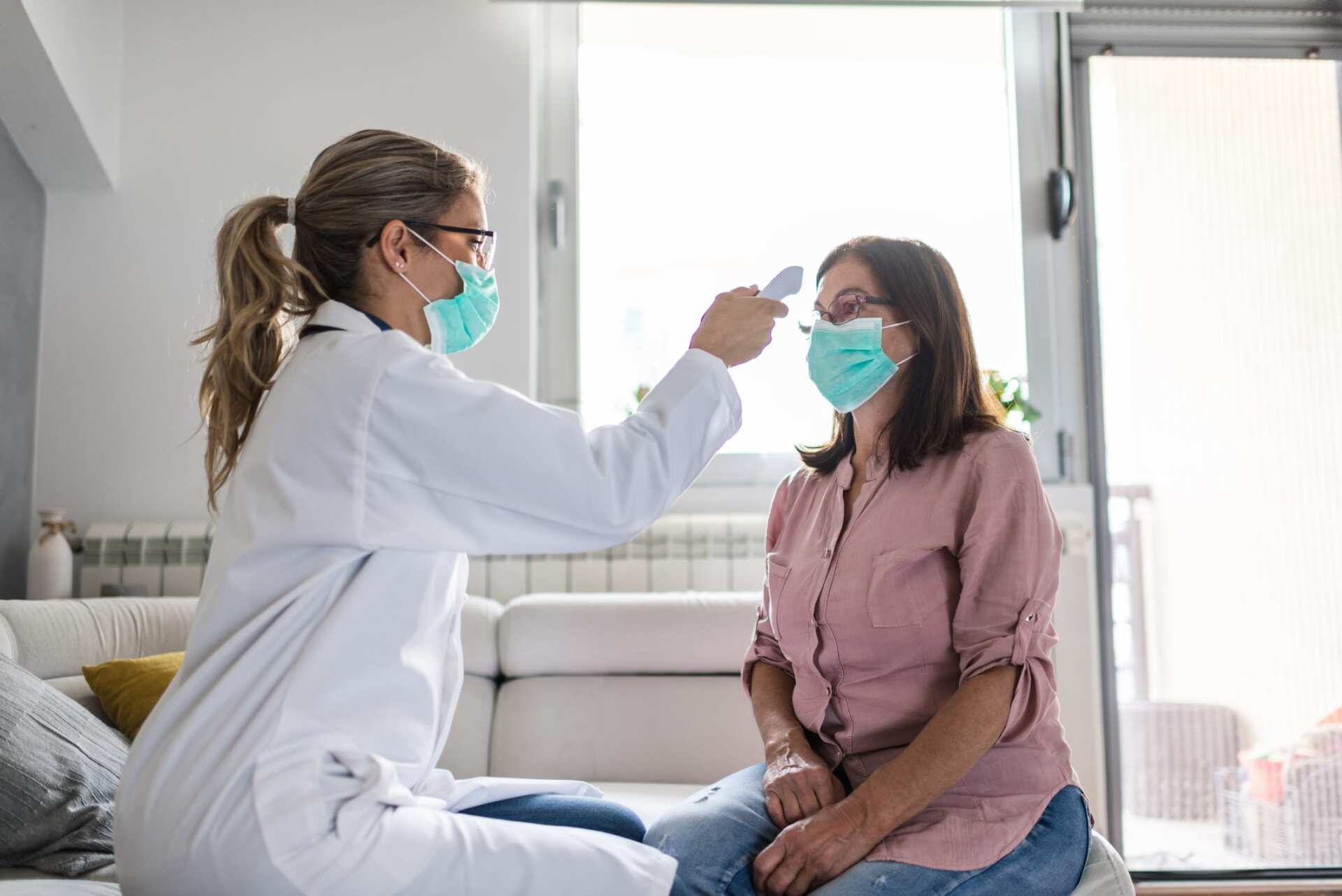Thank You for Saving Me When My Cervix Tried to Kill Me
Thank You For Saving Me When My Cervix Tried To Kill Me
Each year, more than 13,000 women are diagnosed with cervical cancer in the United States although cervical cancer is one of the most preventable cancers. Cervical cancer develops in the narrow portion at the lower end of the uterus. The uterus is the hollow, pear-shaped organ where a fetus grows. The cervix leads from the uterus to the vagina which is also called the birth canal. In most cases, cervical cancer can be prevented through early detection and treatment of abnormal cell changes that occur in the cervix years before cervical cancer develops.

Two screening tests can help prevent cervical cancer or minimize damage when found early. Those include the following:
- A Pap test or a Pap smear which look for precancers and irregular cell changes on the cervix that might develop into cervical cancer if they are not treated appropriately.
- An HPV test looks for the virus called human papillomavirus that can cause cell changes on the cervix.
During a Pap smear, a physician will use a plastic or metal instrument, called a speculum , to widen your vagina. This helps the physician examine the vagina and the cervix. Then they proceed to collect a few cells and mucus from the cervix and the surrounding area. After the exam, the physician sends the cells to a laboratory to get tested.
- If you are getting a Pap test, the cells will be checked to see if they are normal or abnormal.
- If you are getting an HPV test, the cells will be tested for the human papillomavirus.
When Should I Get Screened?
If You Are 21 to 29 Years Old:
You should start getting Pap Smears done at age 21. If your Pap test result is normal, your doctor may tell you that you can wait three years until your next Pap test.
If You Are 30 to 65 Years Old:
Talk to your doctor about which test is right for you.
- A Pap test only. If your result is normal, your doctor may tell you that you can wait three years until your next Pap test.
- An HPV test only. If your result is normal, your doctor may tell you that you can wait five years until your next screening test.
- An HPV test and a Pap test. This is called co-testing. If both of your results are normal, your doctor may tell you that you can wait five years until your next screening test.
If You Are Older Than 65:
Your doctor may tell you that you don’t need to be screened anymore if you qualify for one of the following:
- You have had normal screening results for several years.
- You have had your cervix removed as part of a total hysterectomy for non-cancerous conditions, such as fibroids.
Test Results
It can take as long as three weeks to receive your test results. If your test results come back as abnormal, your doctor will contact you and figure out the best way to follow up. There are many reasons why test results might not be normal. Usually it does not mean you have cancer.
If your test results indicate that the cells are not normal, your doctor will let you know
if you need to be treated. In most cases, treatment prevents cervical cancer from developing. It is important to follow up with your doctor right away to learn more about your test results and receive any treatment that may be needed.
If your test results are normal, your chance of getting cervical cancer in the next few years is very low. Your doctor may tell you that you can wait several years for your next screening test. But you should still go to the doctor regularly for a checkup.
References:
















